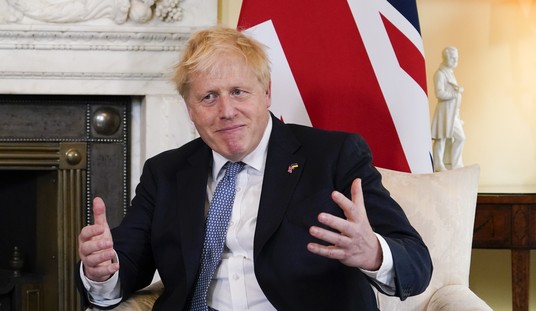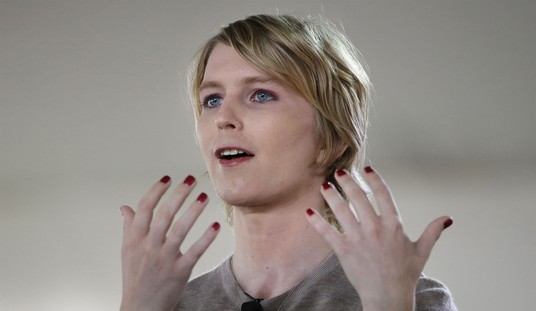Hat tip to Jon Rowe, from The Atlantic in 2012: “The Case for Drinking as Much Coffee as You Like”
“Coffee and caffeine have been inexorably intertwined in our thinking, but truth is coffee contains a whole lot of other stuff with biological benefits,” said Martin. And most concerns about caffeine’s negative effects on the heart have been dispelled. In June, a meta-analysis of ten years of research went so far as to find an inverse association between habitual, moderate consumption and risk of heart failure. The association peaked at four cups per day, and coffee didn’t stop being beneficial until subjects had increased their daily consumption to beyond ten cups.
Caffeine might also function as a pain reliever. A study from September suggested as much when its authors stumbled across caffeinated coffee as a possible confounding variable in its study of the back, neck, and shoulder pains plaguing office drones: Those who reported drinking coffee before the experiment experienced less intense pain.
The data is even more intriguing — and more convincing — for caffeine’s effects as a salve against more existential pains. While a small study this month found that concentrated amounts of caffeine can increase positivity in the moment, last September the nurses’ cohort demonstrated a neat reduction in depression rates among women that became stronger with increased consumption of caffeinated coffee.
And a new article at The Atlantic today: “Research suggests that a person’s consumption of the beverage is determined in part by his or her DNA—and that its benefits could extend beyond a caffeine buzz.”
A study released last Tuesday by an international consortium of caffeine scholars may help explain why some of these customers visited more often than others. Spearheaded by Marilyn Cornelis, a research associate at the Harvard School of Public Health, the team investigated the link between genetics and coffee consumption. By analyzing DNA as well as data on 120,000 adults of European and African-American heritage, the researchers identified eight genetic variants that predispose individuals to seek out and drink caffeine.
“Our results show that people are naturally consuming the amount of coffee that allows them to maintain their optimal level of caffeine” to get that good caffeine feeling without becoming jittery, Cornelis told me. “If we need more, we’re reaching for it.”
Six of the genetic variants examined in the study were newly discovered by the researchers. According to Cornelis, individuals whose DNA expressed all the variants tended to drink around half a cup of coffee more than those without them. Additionally, the new genes can explain about 1.3 percent of all coffee-drinking behavior, or about the same amount that genes can explain other habits, like smoking and alcohol consumption. While those effects may seem small, Cornelis said the study sheds light on why individuals’ bodies and brains react differently to caffeine—and how some people feel anxious after a single cup of coffee, whereas others can down a Starbucks Venti and feel just fine.
I wonder who the editor(s) might be at the Atlantic with the serious coffee habit…
Anyway, what do you recommend for daily caffeine consumption? Is waking up to the smell of coffee every morning a good enough reason to favor it over tea?
And if you have a coffee/tea or other product you’d like to see reviewed at PJ Lifestyle then please get in touch: DaveSwindlePJM @ Gmail Dot Com @DaveSwindle on Twitter









Join the conversation as a VIP Member